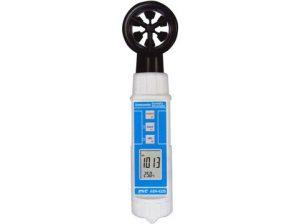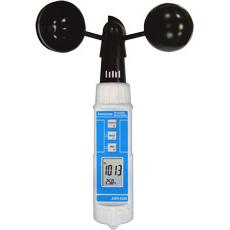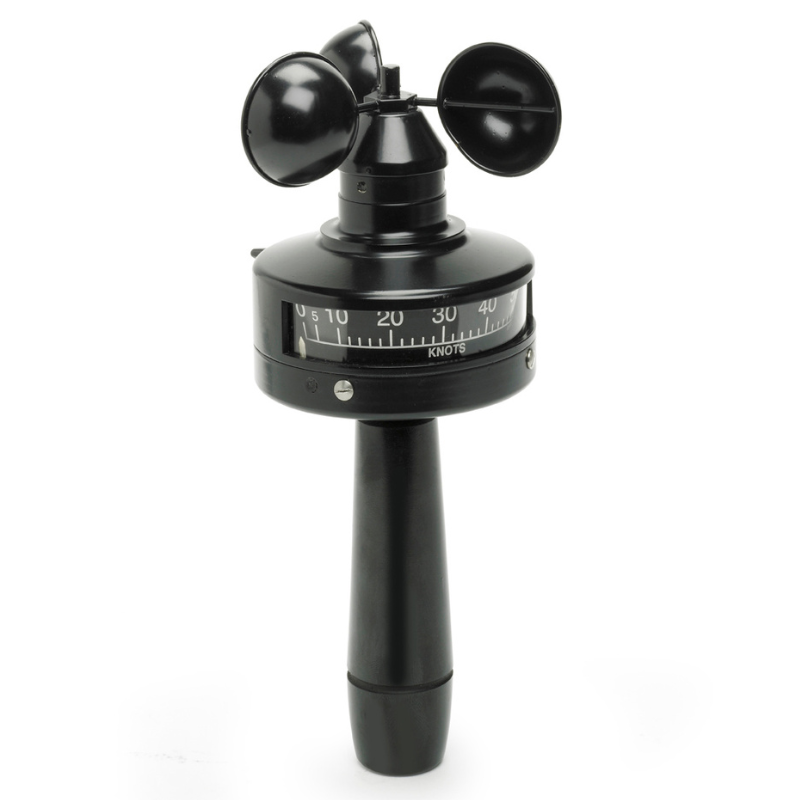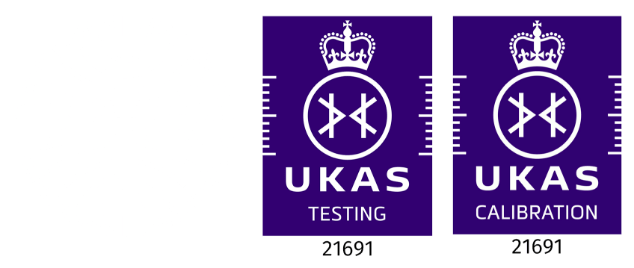Types of Anemometers
An anemometer, or wind anemometer, is a device that monitors air velocity. Historically, the early anemometers were used to estimate the direction and speed of the wind. As technology improves, anemometers can now offer a wide range of very precise information. There are a variety of applications for anemometers in both residential and commercial environments. They can measure Inconsistent sources of wind velocity data, high-speed readings, etc.
Handheld Anemometers
These anemometers can measure wind speeds to 30 m/s. The speed is around 108 miles an hour with approximately 2% accuracy. The Handheld anemometer is powered by a single AA battery. If you’re planning to go camping, hiking, sailing, or hunting and need to know the direction or speed of the wind, this is the ideal tool for you.
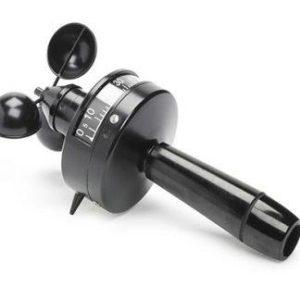
Hot Wire Anemometer
The wind speed and direction may be determined with this instrument. Temperature differences between hot and cold airflow are used to determine wind speed in hot-wire anemometers. Being a heat transducer, a hot-wire anemometer monitors the instantaneous flow rate. The use of a hot-wire anemometer allows the flow velocity to be computed from electric voltage readings at any given time.
Vane Anemometers:
The wind speed is measured when the turbine of the vane anemometer rotates, and the propeller’s magnet passes through the reed switch. The value in a certain amount of time of the number of times the magnetized blade passes over the reed switch is counted.
Cup Anemometer:
In this type of anemometer, a vertical rod is present on which cups, three in number, are mounted. With a wide range of wind measurements and a high level of corrosion resistance, it is an excellent option. A reed switch is also present in this anemometer, which notes the times of rotation as the cups spin due to the velocity of the wind.cup Anemometer
MUNRO manufacturesAnd markets a wide range of Portable Meteorological Sensors, Stationary Weather Sensors And Weather Stations
For various industries

